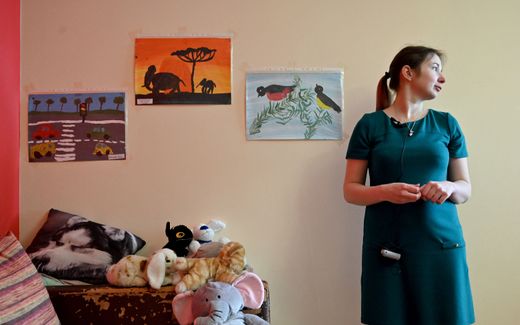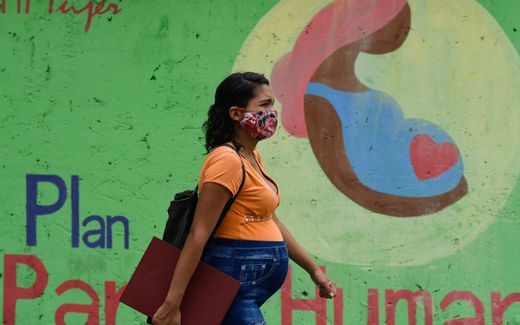Religious organisations critical of new abortion guidelines WHO

Photo ANP, Robin Utrecht
European Union
The World Health Organisation want to liberalise abortion worldwide. Religious organisations are critics of their new recommendations.
“There should be no time limits for abortion, and people should not have to state any reason for an abortion.” That recommends the World Health Organisation (WHO) to combat the 25 million unsafe abortions worldwide. In these new guidelines, presented on International Women’s Day on March 9th, the WHO believes that freedom of conscience that does not respect the woman’s rights seeking abortion may prove to be “unjustifiable”: "If it proves impossible to regulate conscientious objection in a way that respects, protects and fulfils the rights of those seeking an abortion, the conscientious objection in the provision of abortions can become indefensible”.
By saying that, the guidelines clarify that the WHO not only ignores international law but also aims to change it in the long run, says Alyssa Koren. She leads the legal organisation ADF International’s advocacy work towards the United Nations. According to Koren, legislators need to be reminded that the WHO has no legal authority in this area and that the power to legislate and regulate health matters lies at the national level. This reports the Swedish daily Världen idag.
The Italian pro-life organisation Pro Vita & Famiglia argues that the people making the document, lacked impartiality. “Scrolling through the acronyms, in fact, we find names like Planned Parenthood Federation and Marie Stopes International. Entities or characters who support an opposite view, not even a shadow.”
Non-evidence-based
The WHO recommends that countries abolish all time limits for abortion, as these are considered “non-evidence-based”. “The evidence is clear – if you want to prevent unintended pregnancies and unsafe abortions, you need to provide women and girls with a comprehensive package of sexuality education, accurate family planning information and services, and access to quality abortion care”, says Dr Ganatra. He is the Head of WHO’s Prevention of Unsafe Abortion Unit. The WHO, therefore, does want to get rid of “medically unnecessary policy barriers to safe abortion”, such as “criminalisation, mandatory waiting times, the requirement that other people must give approval (e.g., partners or family members) or institutions, and limits on when during pregnancy an abortion can take place.”
“Being able to obtain a safe abortion is a crucial part of health care,” said Craig Lissner, acting Director for Sexual and Reproductive Health and Research at WHO. “Nearly every death and injury resulting from unsafe abortion is entirely preventable. That’s why we recommend women and girls can access abortion and family planning services when they need them.”
The new recommendations do not say it explicitly, but it seems that the WHO supports the right on abortion up to the end of the pregnancy in the 40th week.
Related Articles






